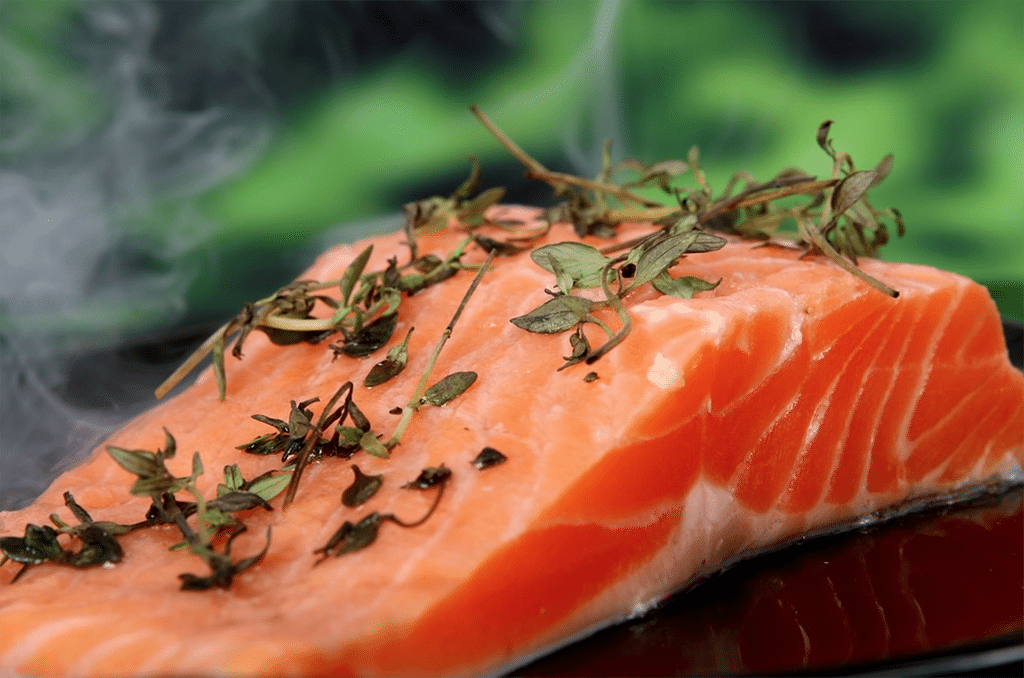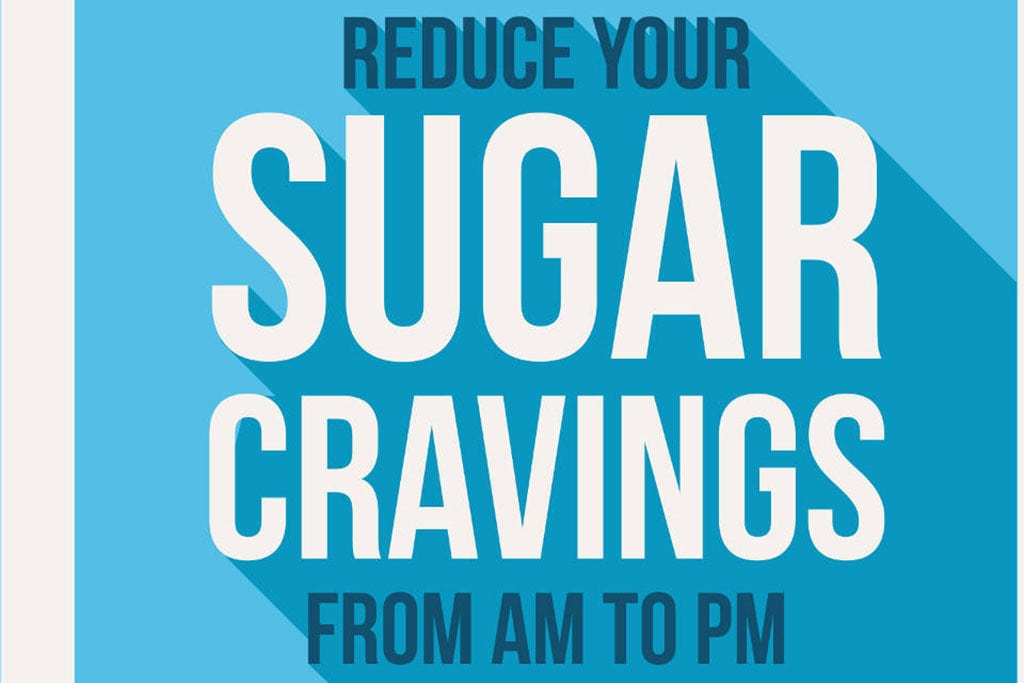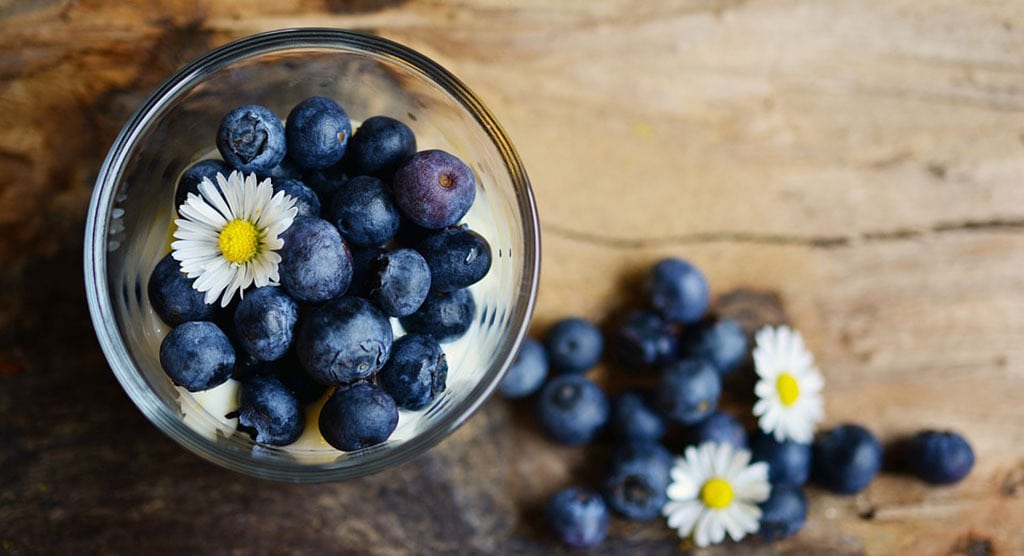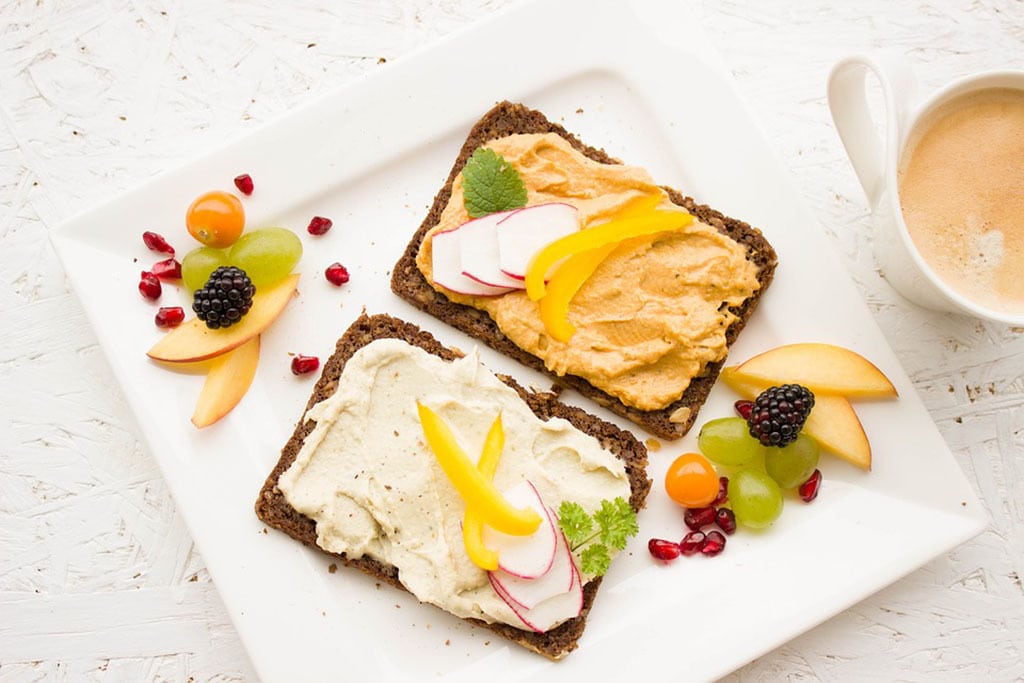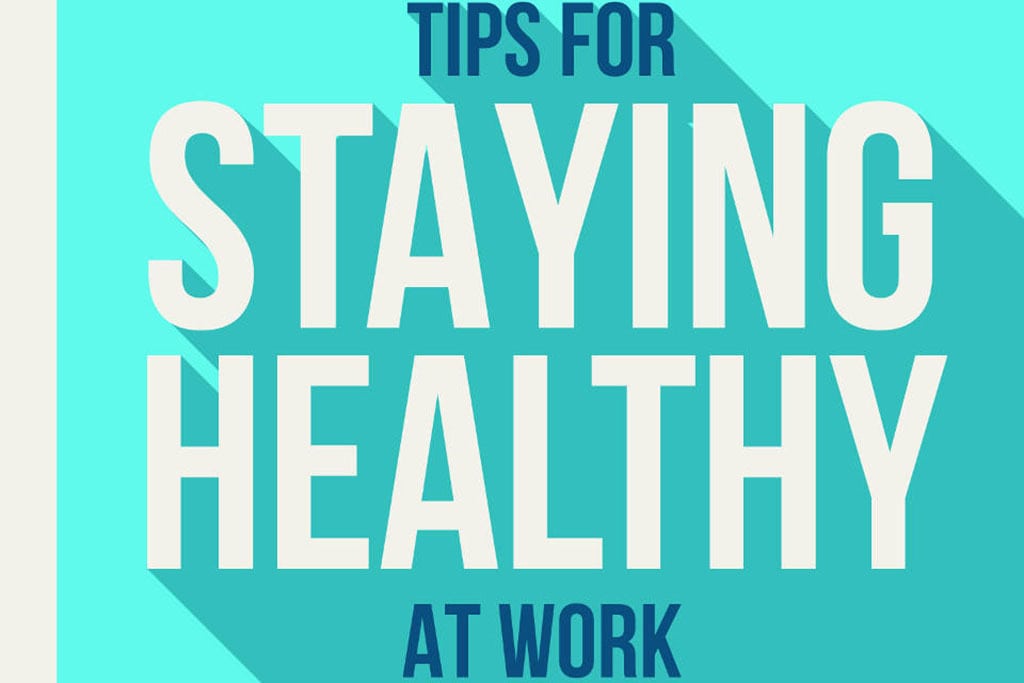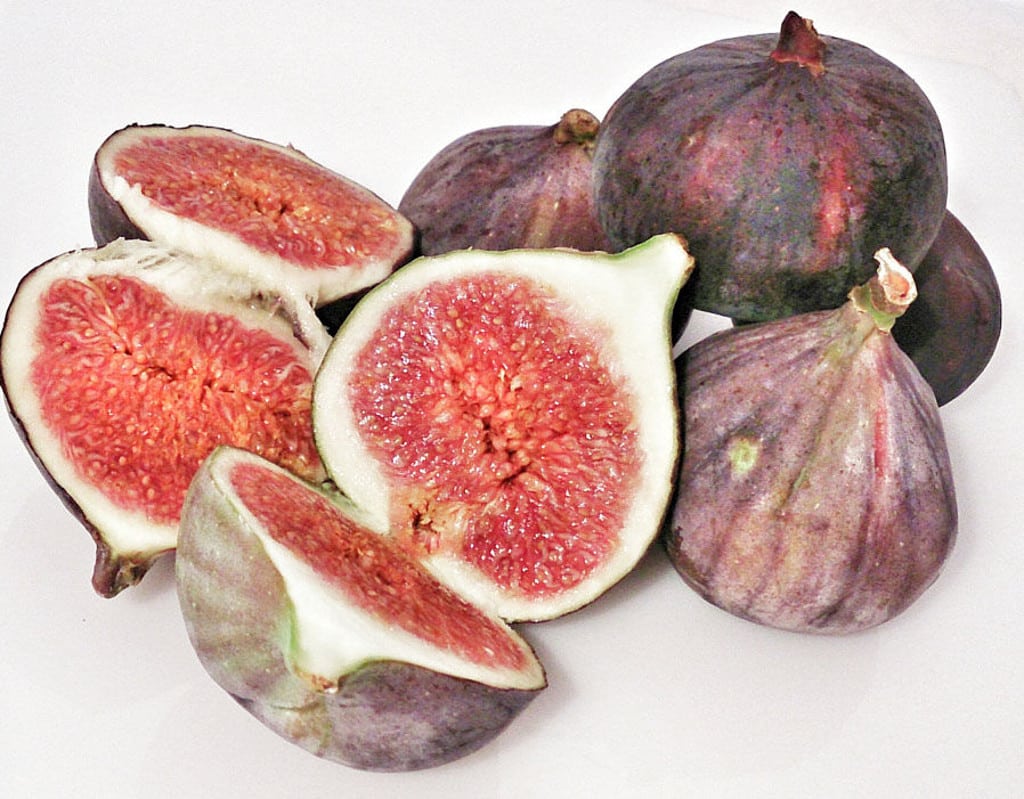Holiday Health
August 9, 2017Whether you prefer an activity packed holiday, or a relaxed indulgent getaway, there are many ways we can enjoy this summer period whilst still staying healthy. Therefore we’ve rounded up our top tips on staying happy and healthy, to make sure nothing ruins those summer plans.
Beat the heat
In the bustle of holiday life it can be easy to forget one of the most important things – to stay hydrated, particularly if you are in a hot country, or spending hours on a beach lying in the sun. Therefore make sure you’ve always got a bottle of water with you and aim to drink between 1.5 – 2 litres of water a day,. Another tip is to snack on hydrating foods such as cucumber, watermelon and strawberries, as these can contribute towards your water intake each day.
Skin Saviors
When you’re reclining on the beach or out exploring in the sun, be careful not to expose your skin to too much sunlight as this can not only cause the skin to age and wrinkle, but also increases the risks of more permanent skin damage. If you’re outside during the hottest hours of the day, make sure you’ve applied plenty of sun cream and found a shady spot to escape to. This will help to ensure your exposure to harmful UV rays is limited. It might also be worth taking a supplement such as our UbiquinolQ10 as this can protect your skin and body tissues against any harmful free radicals, which can contribute to the ageing process.
Balance your gut
When travelling abroad, the change in culture and environment means you’re probably exploring exciting new cuisines, it is therefore important to keep yourself equipped to make sure you don’t run into any tummy troubles. One way to do this is to take an immune boosting multi-vitamin such as our Mega 8 Biotix. These can help provide a positive balance of friendly bacteria in the gut, thus strengthening your immune and digestive health. Also remember to bring a small first aid kit wherever you go in the rare case of emergency. Better to be safe than sorry!
Exercise
Getting active can be the best way to stay healthy on holiday, and is also a great way of gaining more from your summer experience.
Whether you are abroad or simply going on a ‘staycation’, why not get outside and go for a walk. This can be exploring the neighboring towns, attractions and landmarks, or even hikes through forests or mountains. There are always new places to discover! To revive your energy it is important to have a balanced diet of fruit and vegetables, dairy products such as milk and cheese, protein such as eggs and meat and low GI complex carbohydrates such as wholegrain bread and brown rice. Also don’t forget the most important meal of the day – breakfast! If you are unable to compile the perfect balance, energy can also be increased through supplements such as our Energy B+C, which can be taken once a day to give you that extra energy boost.
Rest ant Relax
While you’re away, don’t forget to sit back and enjoy the moment! Taking time to enjoy the moment is what holidays are about after all. Let all the stress of work melt away by spending quality time with your loved ones and taking time to reflect on your day. The healthiest way to spend your holiday is having a combination of all these things.


